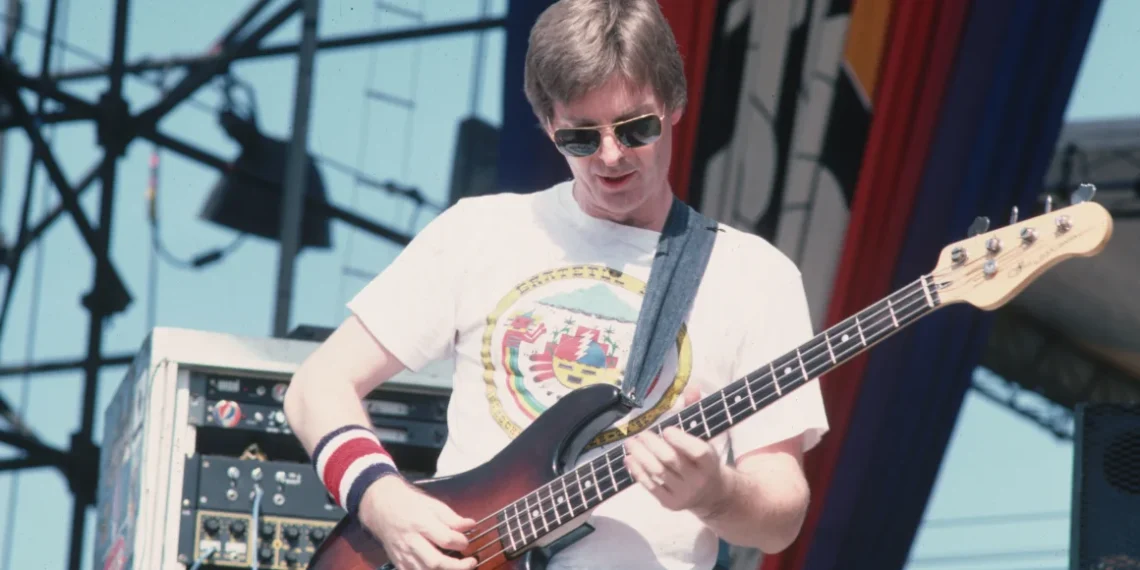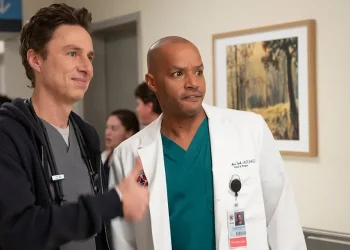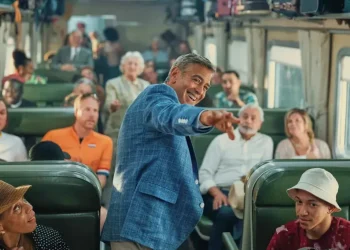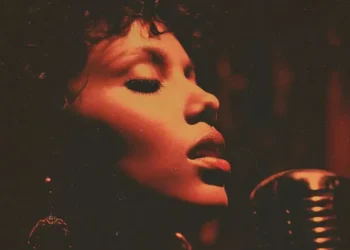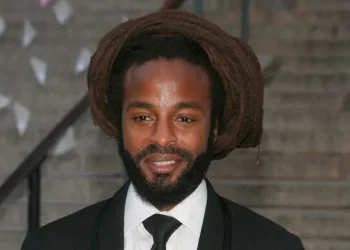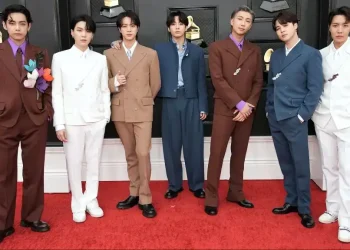Phil Lesh, Founding Member of Grateful Dead, Passes Away at 84.
Phil Lesh, the legendary bassist and a pivotal founding member of the iconic rock ensemble Grateful Dead, has sadly passed away at the age of 84. The heartbreaking news was shared on Lesh’s verified Instagram account on Friday, announcing that he died “peacefully” in the morning.
“He was surrounded by his family and enveloped in love,” the announcement conveyed. “Phil brought immense joy to everyone around him, leaving behind an enduring legacy of music and love. We kindly ask that you respect the privacy of the Lesh family during this difficult time.”
CNN has reached out for further comment from a representative of the Grateful Dead. Although the specific cause of death has not been disclosed, the Associated Press reports that Lesh had previously triumphed over prostate cancer, bladder cancer, and a liver transplant in 1998, necessitated by a hepatitis C infection exacerbated by years of heavy alcohol consumption.
A Musical Journey Begins in Berkeley
Born in Berkeley, California, Lesh co-founded the Grateful Dead in 1965 in Palo Alto alongside musical icons Jerry Garcia, Bob Weir, Ron “Pigpen” McKernan, and Bill Kreutzmann. With formal training on the violin and trumpet, Lesh secured the second chair in California’s Oakland Symphony Orchestra during his teenage years.
In a twist of fate, while working as a mail truck driver and sound engineer for a local radio station in 1965, Lesh was approached by Garcia to play bass for their nascent rock band, then known as The Warlocks. After familiarizing himself with the instrument and collaborating with Garcia, the duo established a unique creative partnership that allowed them to alternately lead melodies, resulting in one of the band’s hallmarks: extended, improvised musical segments that ensured no two live performances were ever identical.
“It’s always fluid; we pretty much figure it out on the fly,” Lesh noted during a rare interview with the AP in 2009. “You can’t cement those experiences in stone during rehearsal.”
A Legacy of Composition and Collaboration
While Lesh is predominantly celebrated for his legendary, freeform bass playing, he also composed music for some of the band’s most cherished songs, occasionally lending his voice as well. Notable tracks include “Pride of Cucamonga,” “Unbroken Chain,” and “Box of Rain.”
In 2002, reflecting on the unique experience of performing with his bandmates, Lesh articulated, “It’s when the pipeline is open, and that eternal moment—where music truly thrives—becomes accessible to us, making us vessels through which it flows. In essence, music is about transmuting eternity into time.”
The Grateful Dead became synonymous with groundbreaking live performances, paving the way for other beloved groups like Phish. Discussing the profound connection with their devoted fanbase, Lesh stated in 2002, “It’s the community that generates this music; we are merely the conduits, tapping into that energy and channeling it back to them, perhaps at an elevated frequency.”
Reflections on Later Years
After the disbandment of the Grateful Dead in 1995 following Garcia’s passing, Lesh largely refrained from participating in onstage reunions with the surviving members. However, he rejoined them for the 2009 Grateful Dead tour and the 2015 “Fare Thee Well” concerts, commemorating the band’s 50th anniversary.
He continued to perform regularly with a rotating ensemble of musicians known as Phil Lesh and Friends. The Grateful Dead will be honored in January at a benefit gala ahead of the Grammy Awards in Los Angeles, following their receipt of a Lifetime Achievement Award from the Recording Academy in 2007.
In a poignant conversation with CNN in 2006, Lesh expressed the transcendent experience of performing alongside his bandmates. “It’s paradise. At that moment, I’m not really there, and neither is anyone else. We become the music, and our individual identities dissolve into the collective consciousness of the group mind. This creative improvisation opens a pipeline to another reality that communicates with us. As transformers of this experience, we translate it into musical thought, a process that cannot be taught or consciously controlled; it simply unfolds when the cosmic forces align, and our individual consciousness is sufficiently open.”
Phil Lesh is survived by his wife, Jill, and their sons, Brian and Grahame.
This article was rewritten by JournosNews.com based on verified reporting from trusted sources. The content has been independently reviewed, fact-checked, and edited for accuracy, neutrality, tone, and global readability in accordance with Google News and AdSense standards.
All opinions, quotes, or statements from contributors, experts, or sourced organizations do not necessarily reflect the views of JournosNews.com. JournosNews.com maintains full editorial independence from any external funders, sponsors, or organizations.
Stay informed with JournosNews.com — your trusted source for verified global reporting and in-depth analysis. Follow us on Google News, BlueSky, and X for real-time updates.
